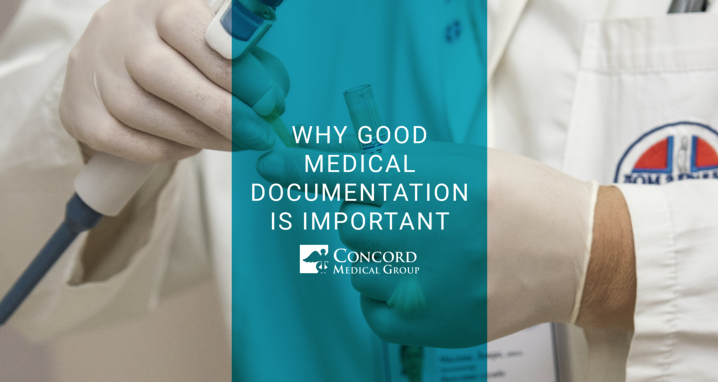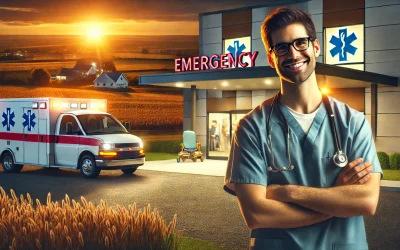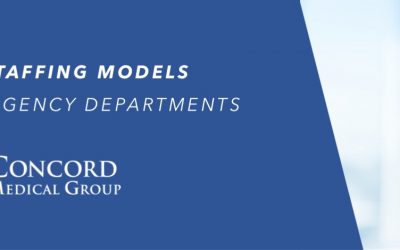Medical records are an important tool in treating patients, but they’re often overlooked regarding their importance and the way they’re maintained.
In many cases, medical documentation is handled by employees who have a heavy workload and not enough time to devote to making sure records have every detail properly noted. But an emergency department, physicians, and staff need to work extra hard on this vital task. Let’s take a look at why medical documentation is so important.
Improved Patient Outcomes
Research has shown that keeping proper medical documentation improves a patient’s clinical outcome after he or she leaves the hospital. Many of the problems patients experience after discharge – from infections to harmful drug reactions – are the result of delayed or incomplete information given to healthcare providers. Moreover, patients who had gaps in their health records spent a longer time in emergency departments than those who had complete documentation.
Vital to Claims Processing
It’s only through good documentation that claims processing and reimbursement can be done in a timely and error-free fashion. In fact, experts say proper reimbursement is almost entirely dependent on good record-keeping. The rest comes down to knowing the rules set down by the federal government and other organizations.
Improves Quality Assurance
Insisting on accurate documentation regarding initial assessments and progress notes plays a key role in quality assurance. It forces practitioners to think carefully about what they do while developing a self-reflection that is important to maintaining their skills, professional development, and providing quality care in the future. Good documentation also allows members of a treatment team to learn from each other and coordinate their approaches to a patient’s overall care.
Clinical Details Are Compiled in One Place
Having clinical details in one well-maintained document helps a medical practitioner remember crucial events and treatment. By recording all of a patient’s complaint and symptoms, practitioners can identify trends that help guide them in the development of a treatment plan.
Good Medical Documentation is a Defense Against Malpractice
Most medical experts agree that best defense against a malpractice claim is proper documentation. If a procedure is not listed on the patient’s chart or another document, then judges and juries have no way of knowing if it was done. Strong record-keeping is also crucial in dealing with abusive patients, patients who don’t follow advice, or patients who come back with the same complaint without improvement.
The Concord Difference
Our extensive network of physicians are professional and ready to work with your team. As a physician-owned and operated organization, CMG has established a foundation of excellence that’s designed to meet your hospital’s changing needs. Let us help your hospital become your region’s leading patient care facility.
More Posts
Empowering the Rural ED: Unlock Excellence in Your Emergency Department
Managing a rural ED is a complex challenge that requires strategy, innovation, and a relentless focus on both people and outcomes. For hospital executives and clinical leaders, success hinges on the ability to balance high-quality care, operational efficiency, and staff satisfaction. Here are some essential strategies to help you unlock excellence in your ED.
Concord Announces Dr. John Jones as Chief Medical Officer of Emergency Medicine
Concord Medical Group is extremely excited to announce that John Jones, MD has accepted the role of Chief Medical Officer of Emergency Medicine.
Creative Staffing Models for Rural Emergency Departments
Staffing an emergency department with the right providers is essential to deliver high quality care and keep costs under control. We have found that creative and custom staffing models are essential to driving care quality and boosting financial health in rural, low-volume emergency departments.






